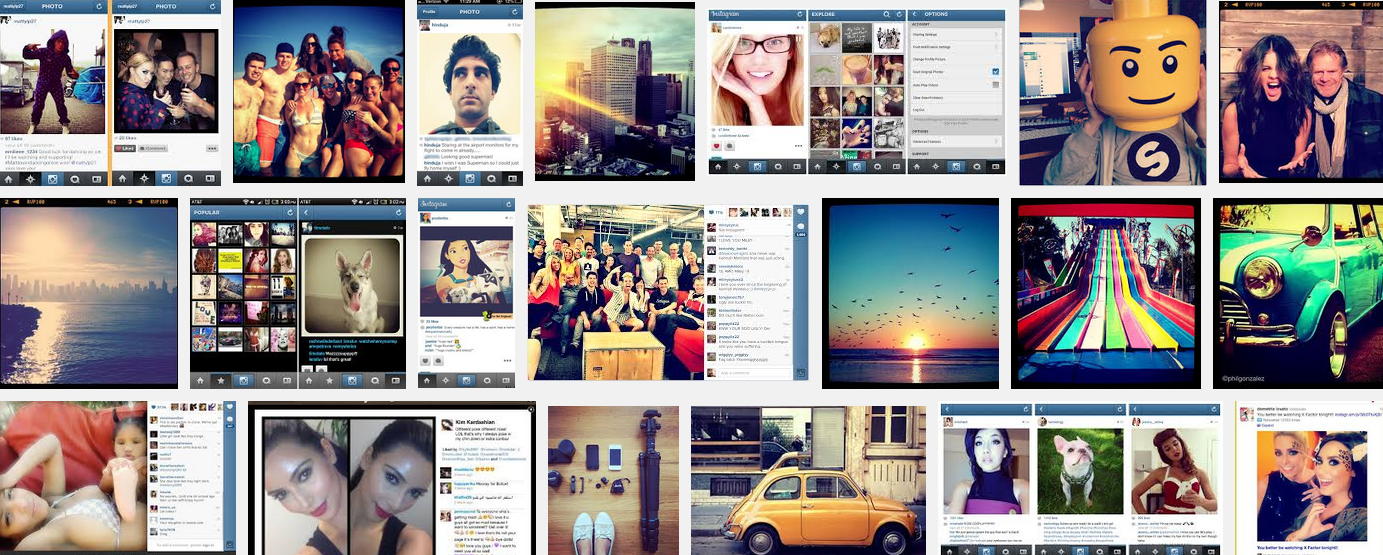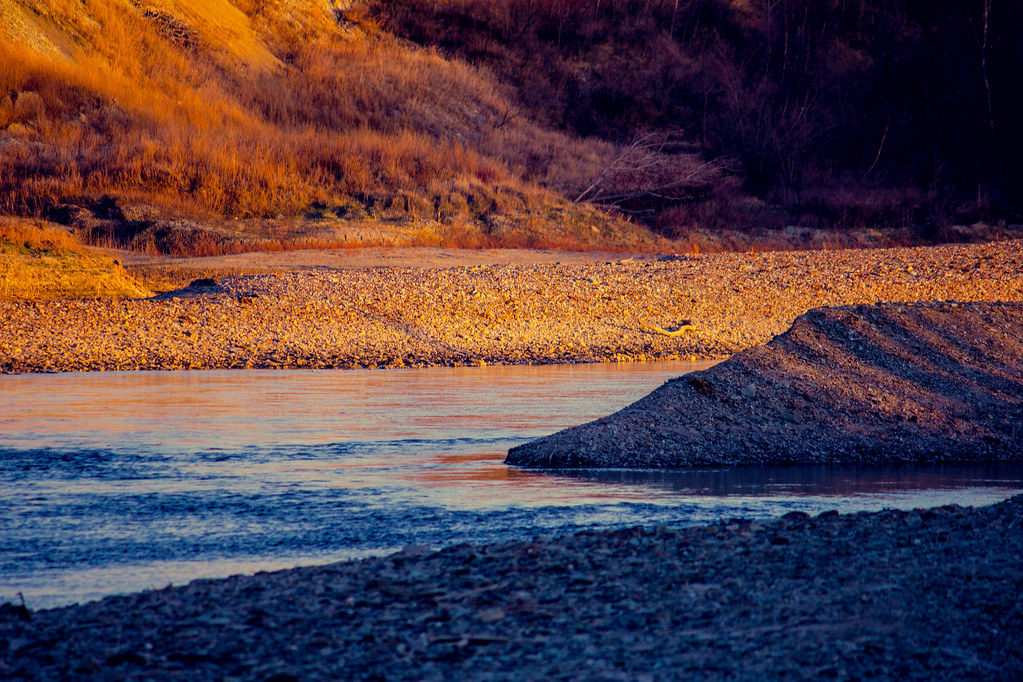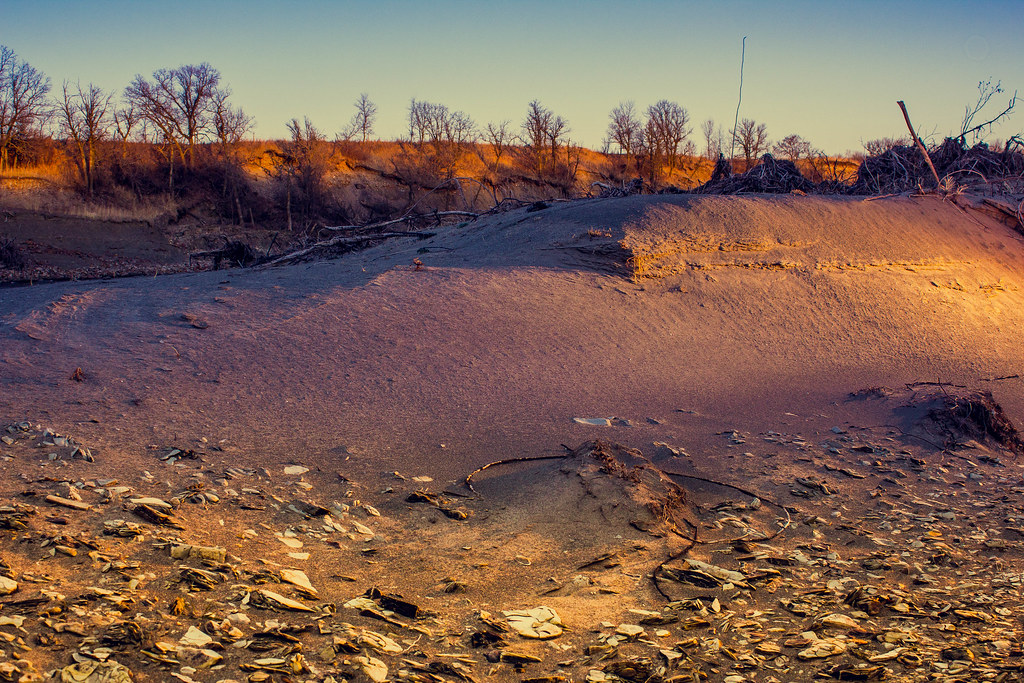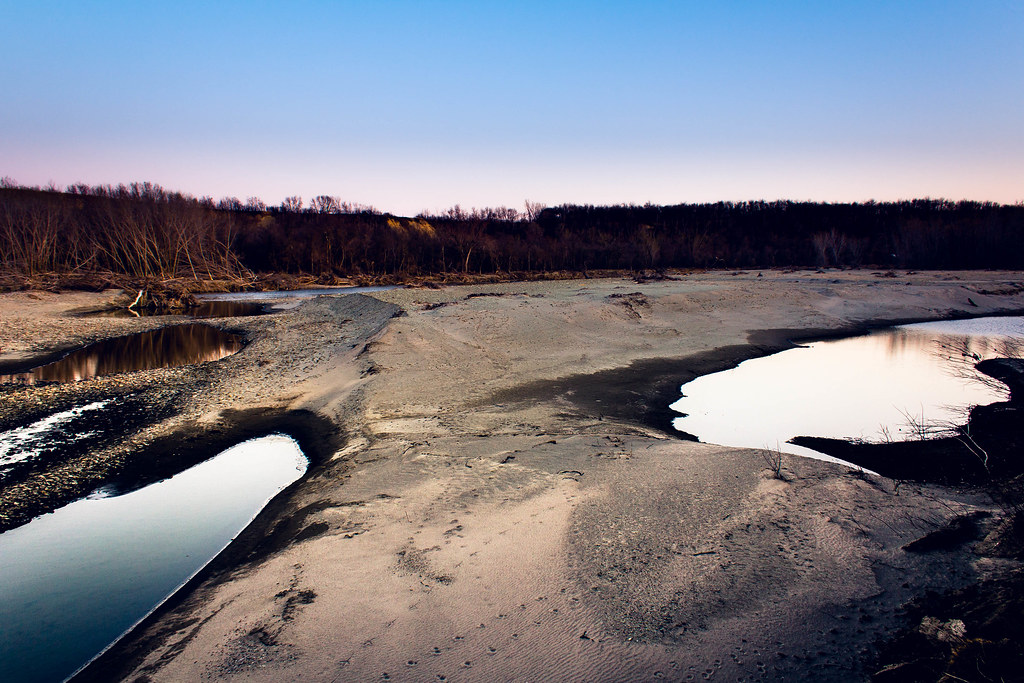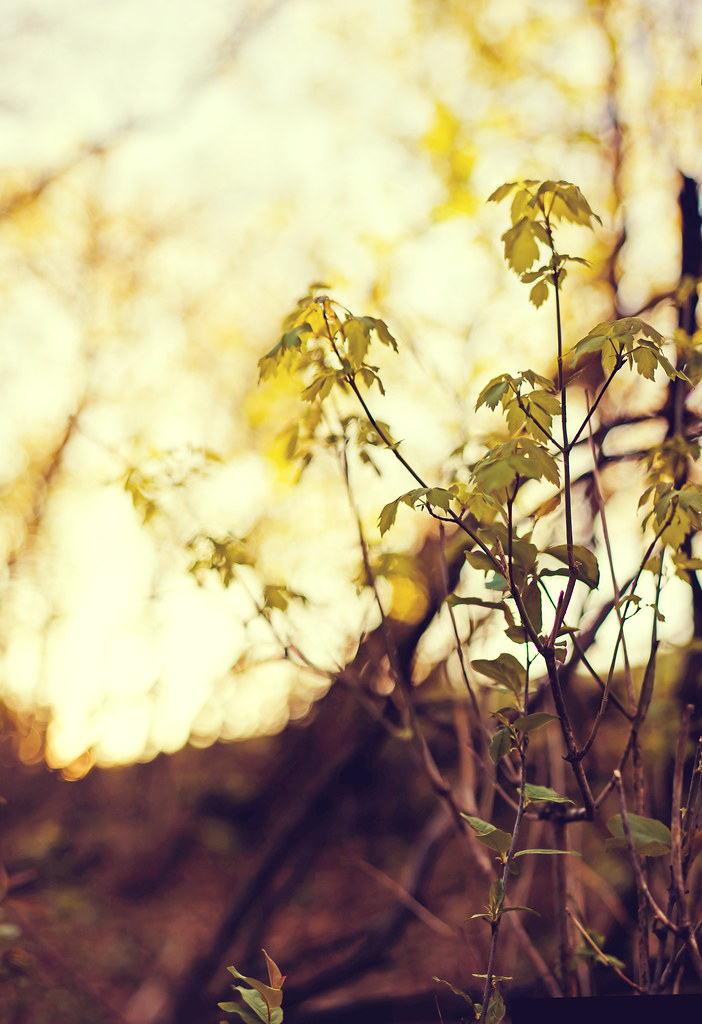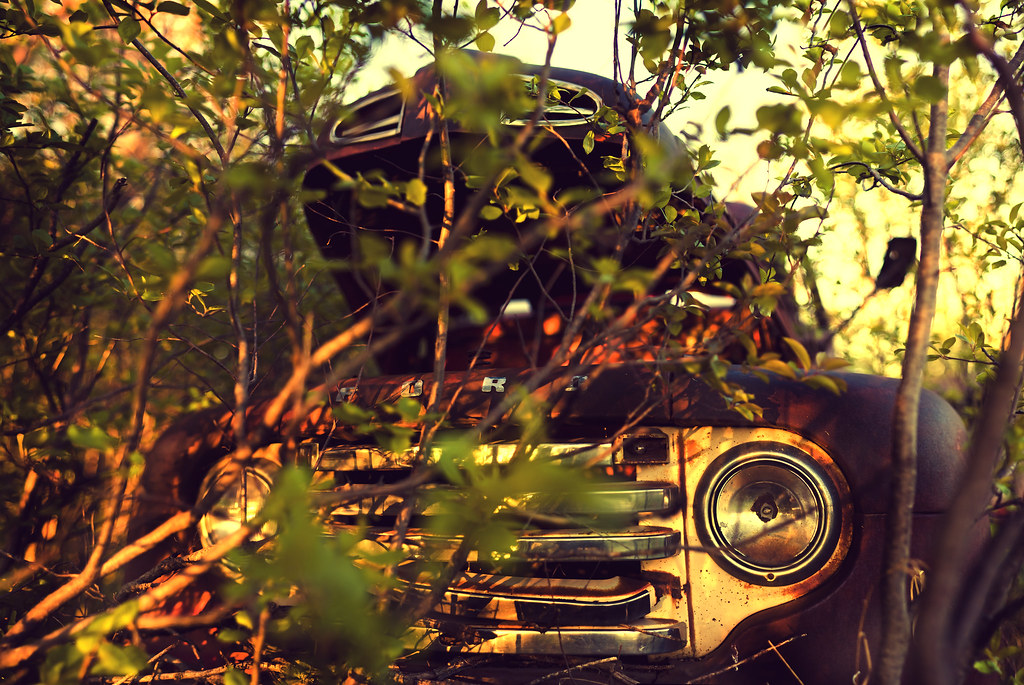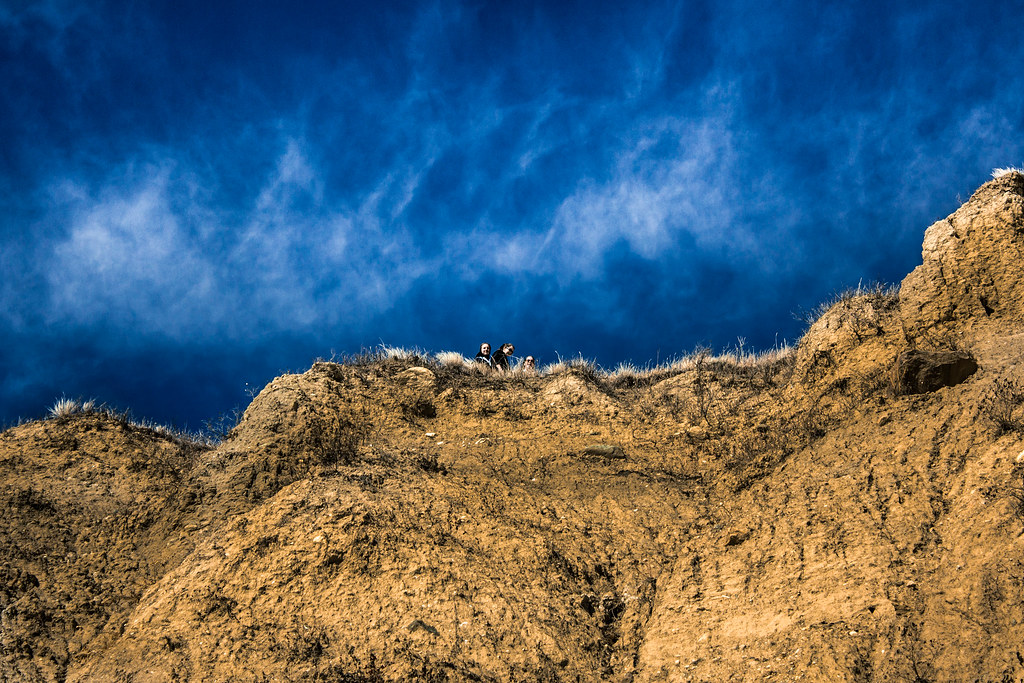For the most part, The cameras on phones are terrible, their speed is abysmal, zoom is non-existent, depth of field is seemingly infinite and they lack manual controls. I post plenty of photos while mobile and always felt that my instagram, facebook and twitter photos uploaded from my phone were a poor reflection of what I was capable as a photographer.
I could improve my online presence take photos with my DSLR, go home, edit them, upload to dropbox, download from dropbox to my phone, crop and further edit them and then upload to Instagram which shares them to facebook, flickr, twitter and tumblr. (just reading that makes the eyes bleed)
Also, going through that process takes at least two hours from shootin the photo to having it uploaded.
On the other hand you could get a WiFi enabled DSLR.
The first time I ever tried a WiFi enabled camera (ish), I used a canon 60D with an Eye-Fi card. I was shooting photos for the Calgary Stampede Instagram account. Compared to all the other photos uploaded to that account by the other instagrammers, you could see that mine were of a superior quality. There was no grain, no ugly filters needed to improve the bad output from the built in camera, I was able to zoom in, and I had low light capabilities for shooting indoors. They took the art of instagram to the next level.
I frequently see brand's instagram accounts being run by absolute amateurs. They certainly can't consider photography to be their strong suits. Shooting these photos on cellphone cameras makes them even worse. In my view, it makes the brand look un-invested in their public image. For instagram is one of the few social networks that the gen-z use. And that's a really good age to start marketing to.
Moving on from my ranting at how most instagram content is terrible in quality.
Here's how you can start to make your brand look superior to the rest. Invest in a better camera. They exists in several flavors, here are the best ones:
Canon 6D
Canon 70D
Fujifilm XM-1
Nikon D5300
Panasonic DMC-FZ1000
Sony SLT-A77
Sony Alpha 7S
Panasonic Lumix DMC-GH4
Samsung NX3000
A full list of WiFi enabled cameras can be seen here. [LINK]
There are alternatives that can make non-WiFi cameras connect to your mobile device:
CamRanger (Plugs into usb port of Canon and Nikon cameras)
Apple Camera Connection Kit (not WiFI, but allows you to plug in sd card to apple devices and share while on location)
Waye Faye (plugs into USB on camera and transmits to iOS or Android device)
WU-1A (works for Nikon D3200 only)
WFT-E6A (works only with Canon 1D-C, 1D-X, C300, C500)
USB-OTG cable (plugs Android phone directly into Canon or Nikon camera)
Transcend SD (WiFi enabled SD card with apps iOS and Android apps)
EyeFi SD (WiFi enabled SD card with apps iOS and Android apps)
I personally bought the Canon 6D last year, as opposed to the non wi-fi Canon 5DMK-lll. Why? It has Wi-fi. (and it's $1500 cheaper)
The benefit of being able to send photos to clients while at events, weddings, or any shoot, while at the shoot, is immense. Companies that hire me can now stop posting terrible cell-phone photos of their events and get their photos from the professional photographer that they hired to be there in the first place. Add together the fact that you now have the highest quality photos compared to anyone else at the event, you are posting at the same time as they are, you are able to tag people, and add appropriate hashtags. It's a winning recipe.
I did the math. I've compared my online retweets, likes, reposts, favourites, and shares from shit-cellphone photos to DSLR photos. A really high quality photo, posted during the event, will have up to 1000% more engagement than one shot by my cell phone. I'm not even kidding here. It took my by surprise when I first noticed it some months ago and I wrote about it.
As a brand, throwing any sort of event, it makes no sense to hire a photographer to capture it and then keep on posting photos online not shot by them.
And as a photographer, it's yet another way to set yourself apart and offer an extra service that most clients will generally not be able to afford doing themselves.
So when you next decide to upgrade your camera, think about this.
